文学硕士(荣誉)葡萄牙语/中东欧研究
MA (Hons) Portuguese/Central and East European Studies

学历文凭
Undergraduate Masters

专业院系

开学时间

课程时长

课程学费

国际学生入学条件
Standard academic entry requirements: AAB.
Minimum academic entry requirements: BBB.
Other mandatory requirements: One A-level arts, humanities or language subject.
INTERNATIONAL BACCALAUREATE
Standard academic entry requirements: 36 points including three HL subjects at 6,6,5
Minimum academic entry requirements: 32 points including three HL subjects at 6,5,5
Other mandatory requirements: HL subjects should include English and a Humanities (or language) subject. SL6 will be accepted for one of English or the Humanities subject.
International English Language Testing System (IELTS) Academic module (not General Training):
overall score 6.5
no sub-test less than 6.0
or equivalent scores in another recognised qualification (see below)
ibTOEFL*: 90, no sub-test less than: Reading: 20, Listening: 19, Speaking: 19, Writing: 23
IDP—雅思考试联合主办方

雅思考试总分
6.5
- 雅思总分:6.5
- 托福网考总分:90
- 托福笔试总分:160
- 其他语言考试:PTE Academic (Pearson Test of English, Academic test): 60, no sub-test less than 59
CRICOS代码: 3T9L
申请截止日期: 请与IDP联系 以获取详细信息。
课程简介
You will study the history, economics, politics and sociology of the countries of Central and Eastern Europe. The University is a hub for a government-funded Centre of Excellence for Russian, Central & East European Studies, which hosts cultural, social and academic events throughout the year. You will study the collapse of the Russian and Habsburg Empires and the emergence and expansion of the Soviet system after 1917. You will examine the origin, nature and consequences of communist and nationalist ideologies, as well as the culture, civil society, and the reasons for the collapse of communism in the region during 1989 - 91. You will chart developments in the societies of the region from 1989 to the present day, including processes of economic, political and territorial change, aspects of social and cultural diversity, migration and the role of the media. You will examine the impact of the end of the Soviet Union on the development of ''transition'' ideologies, the emergence of civil society, and the integration of the region into international organisations such as the European Union and NATO. If you progress to Honours (years 3 and 4) the courses will utilise key historical and contemporary readings and frequently draw on our staff's research expertise and publications. Honours options reflect a wide range of subject areas and topics, including economic and social history, modern political history including the impact of war and revolution, security and international relations, civil society and the state, cultural politics and social change, crime and corruption, migration, identities and nationalism, social analysis, European integration, and society, culture and languages of the region. We will teach you how to understand and analyse quantitative results, as well as how to present your own, and how to discuss their substantive implications. These are essential skills for understanding quantitative evidence presented in academic literature, but also for interrogating data in public media and government reports. Around one quarter of your study time will be devoted to quantitative methods. And our degrees also offer you the possibility to gain valuable experience by participating in internships with selected high-profile employers.
相关申请
 预科
预科 奖学金
奖学金 实习机会
实习机会 在校学习
在校学习 跨境学习
跨境学习 校园授课-线上开始
校园授课-线上开始 在线/远程学习
在线/远程学习
开学时间&学费
学费信息仅供参考,请与IDP联系以获取详细信息
| 开学时间 | 时长 | 学费 | 地点 |
|---|
学校排名

世界排名93
数据源:
泰晤士高等教育世界大学排名
关于格拉斯哥大学

格拉斯哥大学自1451年建校以来,始终致力于培养学生。该大学稳居全球百强大学之列,在2026年QS世界大学排名中位列第79位,在2025年泰晤士高等教育世界大学排名中位列第87位。2024年,格拉斯哥大学被《泰晤士报》和《星期日泰晤士报》优秀大学指南评为苏格兰年度大学。格拉斯哥大学是一所真正的国际化大学,拥有来自140多个国家的约43000名学生,并拥有超过9000名教职员工。它是英国顶尖研究型大学罗素集团的成员,也是Universitas 21(一个由全球研究型大学组成的网络)的创始成员。本科生可选择约100个单项荣誉学位和600多个联合荣誉学位组合。此外,大学还提供300多个授课型研究生课程和丰富的博士学位攻读机会。格拉斯哥大学毕业生就业能力位列英国前20名(QS毕业生就业能力排名,2022年),这意味着学生可以确信,他们的学位将为他们毕业后的生活做好准备。大学每年通过实习中心提供数百个实习机会,其强大的学生支持服务为学业、生活和财务方面提供帮助。格拉斯哥是英国第三大城市,被誉为全球友好且文化氛围浓厚的学生城市之一。格拉斯哥被誉为苏格兰的文化之都,拥有众多一流的博物馆、美术馆和建筑。格拉斯哥是英国第一个联合国教科文组织音乐之城,拥有 90 多个公园和花园、便利的交通和两座国际机场,为学习和旅游提供了理想的环境。
本校相关课程

动物学理学士(荣誉)
学历文凭
Bachelor Degree with Honours
开学日期
课程费用总额


BVMS兽医和外科
学历文凭
Bachelor Degree
开学日期
课程费用总额

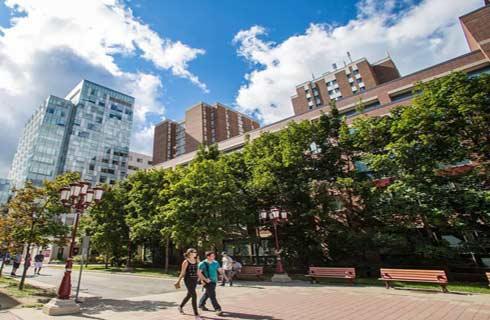
理学士(荣誉)兽医生物科学
学历文凭
Bachelor Degree with Honours
开学日期
课程费用总额


BD(MIN)(荣誉)神学和宗教研究
学历文凭
Bachelor Degree with Honours
开学日期
课程费用总额

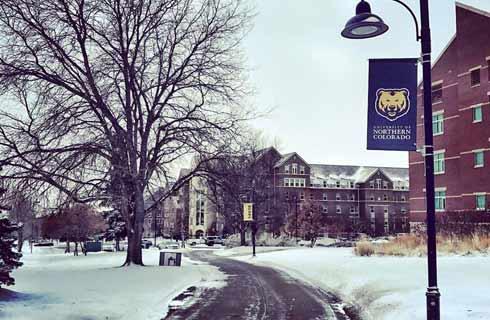
文学硕士(荣誉)戏剧研究
学历文凭
Bachelor Degree
开学日期
课程费用总额

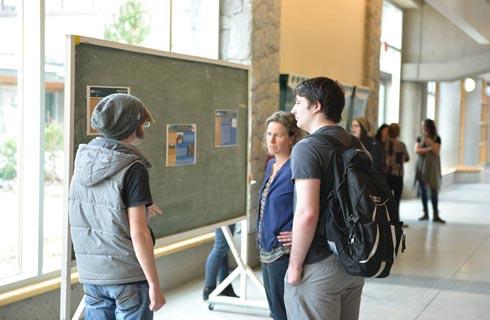
BTechEd(荣誉)技术教育
学历文凭
Bachelor Degree with Honours
开学日期
课程费用总额

其他相关课程

国际关系学荣誉学士学位
 阿德莱德大学
阿德莱德大学学历文凭
Bachelor Degree with Honours
开学日期
课程费用总额

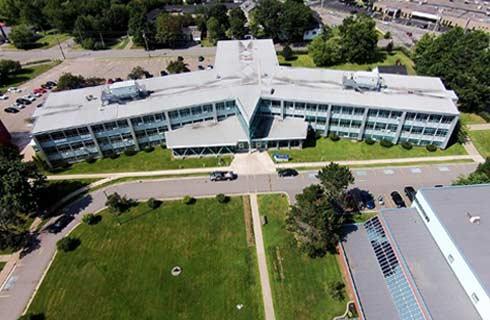
政治与国际关系学士/商科学士
 堪培拉大学
堪培拉大学泰晤士高等教育世界大学排名:470
学历文凭
Dual Degree
开学日期
课程费用总额


政治与国际关系学士/应用经济学学士
 堪培拉大学
堪培拉大学泰晤士高等教育世界大学排名:470
学历文凭
Dual Degree
开学日期
课程费用总额

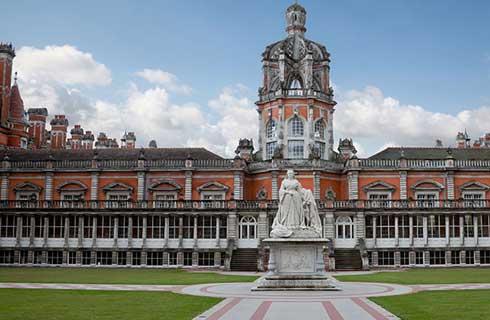
全球研究学士
 悉尼科技大学
悉尼科技大学学历文凭
Bachelor Degree
开学日期
课程费用总额

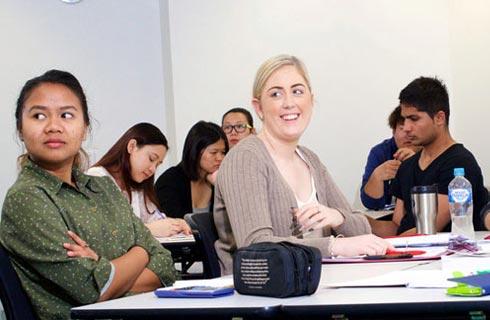
音乐与声音设计学士国际研究文学士
 悉尼科技大学
悉尼科技大学学历文凭
Dual Degree
开学日期
课程费用总额


理学学士/国际研究学士
 西悉尼大学
西悉尼大学泰晤士高等教育世界大学排名:352
学历文凭
Dual Degree
开学日期
课程费用总额










 英国
英国